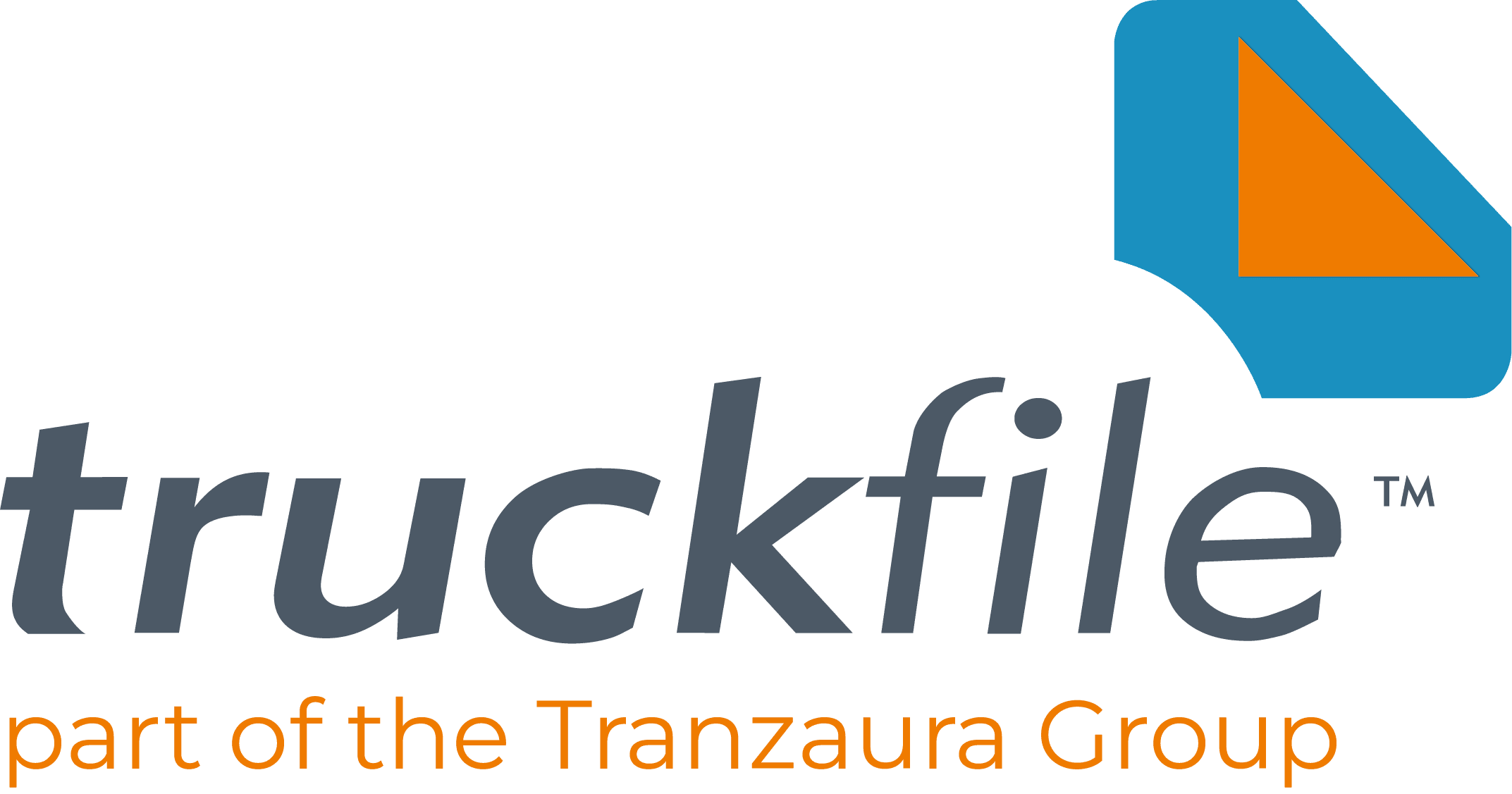Staying ahead of the HMRC IR35 compliance checks
When HMRC introduced changes to the ‘off-payroll working rules’, commonly known as IR35, in April 2021, the transport sector was particularly hit by the changes.
HMRC’s guidance specifically references that HGV drivers using a client’s vehicle are likely to be classified as an employee (inside IR35), even if they’re providing services through a personal company. In instances where a driver has their own vehicle, IR35 status is still not easy to determine, as drivers may be considered employees due to complexity of the legislation.
Now HMRC is undertaking IR35 checks, what do fleets owners and managers need to do to maintain compliance?

Image by Steve Buissinne on Pixabay
Inside or outside?
Being “inside IR35” means that a contract falls within the off-payroll working rules and HMRC sees the worker as an employee for tax purposes. While being “outside IR35” means the contract points towards self-employment, so the contractor can be paid without deductions for income tax and National Insurance Contributions (i.e. paid ‘gross’).
Due to the nature of the work carried out in road haulage and other driving jobs, it is rare for someone to be genuinely self-employed under the legislation; however it is not impossible. This is primarily due to the level of control exercised by the hirer – which typically provides the vehicles, decides the route and the timings of the trip.
Given the competitive hiring environment and ongoing shortage of qualified HGV drivers, however, some fleets may have taken short cuts or undertaken novel changes to working practices and contracts to offer roles outside of IR35 to attract talent.
This may have seemed like a necessary solution to navigate talent shortages ; but HMRC is now investigating HMRC IR35 compliance, with the haulage sector under the spotlight.
We’ve seen letters which have been sent to logistics businesses from HMRC requesting evidence of IR35 processes. Now is therefore a crucial time to review your IR35 solution to highlight and address any concerns before a letter lands on your desk.
Compliance checks in full swing
Determining the status of workers in the transport industry is extremely complex, which could be why HMRC have started their compliance checks in this sector. Don’t panic though, it is likely that many businesses will be receiving these letters.
The letter explains what HMRC would like to check in terms of the systems and processes which your organisation uses to apply the off-payroll working rules. This includes:
- Hiring process for contractors who work through their own intermediary, such as a PSC. This could be either directly or using a recruitment agency or other labour provider;
- Process for deciding the employment status of these workers;
- Process for deciding whether any services that you outsource are fully contracted out.
This process should be straightforward, if you have been testing your IR35 solutions regularly with expert support and have evidence of the processes you have in place.
If you haven’t, it’s not too late to put your house in order.
Potential risks
One HMRC flag for haulage businesses could be having a significant number of drivers outside IR35. As the assumption, based on their published guidance, is that drivers using their client’s vehicle are likely to be inside HRMRC R35, clear and concise evidence is needed to be able to demonstrate how and why each driver is engaged as an arms-length contractor.
Another risk is reliance on HMRC’s online tool Check Employment Status for Tax (CEST) for IR35 status determinations. The tool can only be accurate if the person inputting the data fully understands employment status, contract provisions and working practices. It also only looks at the working practices, so misses half of the picture by not taking into account the terms of engagement.
To navigate these complexities, many businesses choose to partner with HMRC IR35 specialists to assist with compliance.
Get prepared for HMRC IR35
Although in compliance mode, HMRC is trying to engage with businesses. In fact, the HMRC letter says ‘if at any point you realise you might have made a mistake in applying the rules, please let me know straightaway. I can work with you to put it right’.
The best way to tackle this check is to be as transparent as possible. The document states that if you help HMRC with their compliance checks, they will complete it quickly and reduce the amount of any penalty they may charge if they find that there is something wrong.
To avoid the potential consequences of non-compliance, now is the time for businesses to undertake a mock investigation with an expert third-party. Mock audits allow hirers to see potential pitfalls and pain points in their solutions. Ultimately it will make a real investigation significantly easier and more efficient to deal with, should the time come.
Outside IR35 roles
Outside IR35 roles still have a place in many businesses, as they can attract experienced specialists to cover skills gaps and fulfil projects. If you have drivers outside of IR35, speaking to an external IR35 specialist can help you to ensure that your processes are watertight and that you have the correct evidence to show when HMRC conducting their check. As most drivers in the industry are considered by HMRC to be inside IR35, don’t be surprised if HMRC see you as high risk and want to understand how you’ve come to that view.
Supply chain visibility
It’s also important to be aware that anyone in your supply chain can be subject to the compliance audit including driver recruitment agencies. This chain must be kept under constant review; keep constant communication which is clear. You may need to present this during your audit.
As HMRC begins enforcement, with a spotlight on the haulage sector, businesses should be preparing relevant documents and reviewing their IR35 approach. By engaging with an independent expert to carry out a mock audit, organisations can uncover any hidden issues so they can be resolved, and the business can be confident that they have a compliant IR35 solution in place.
Written by Mark Salisbury for Fleet Point © 11th April 2023.
For more help staying compliant, read about our DVSA Earned Recognition fleet and workshop software.
